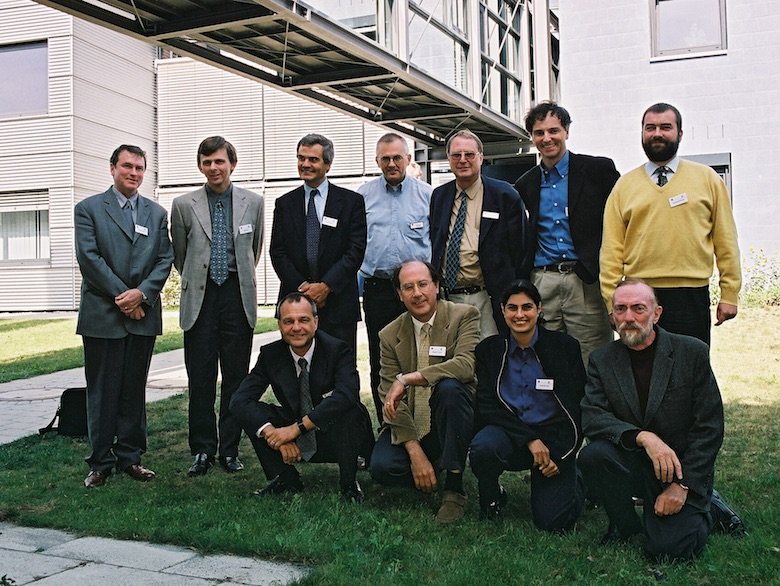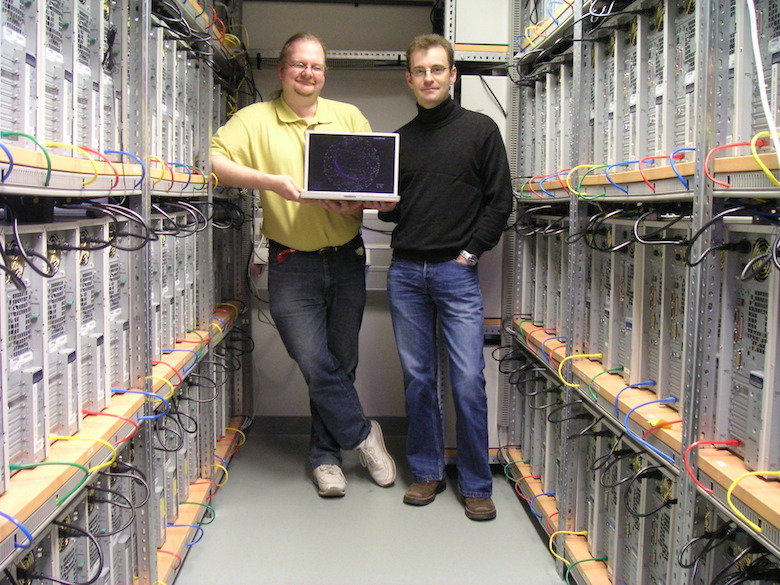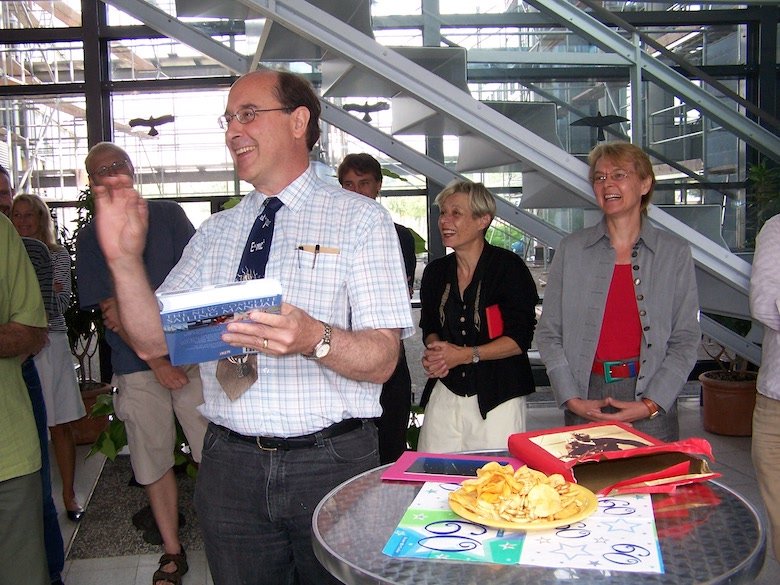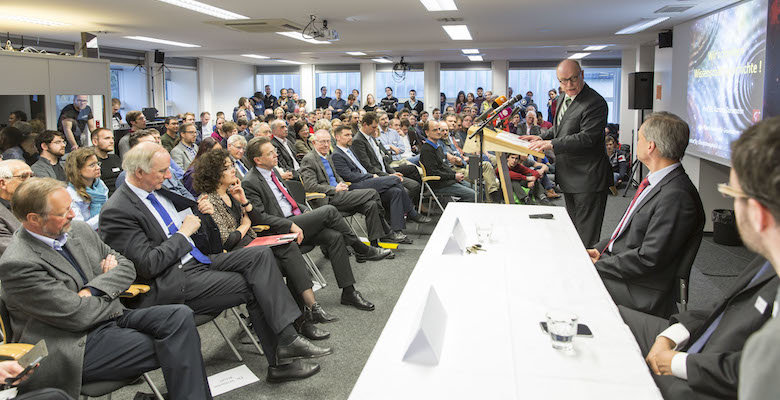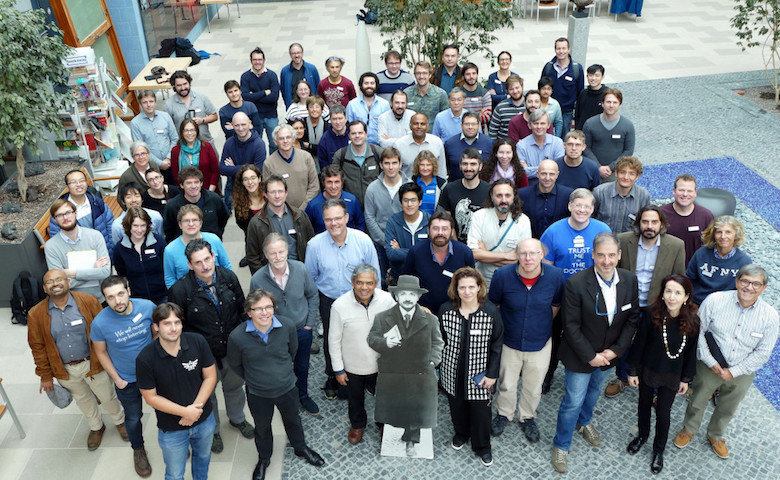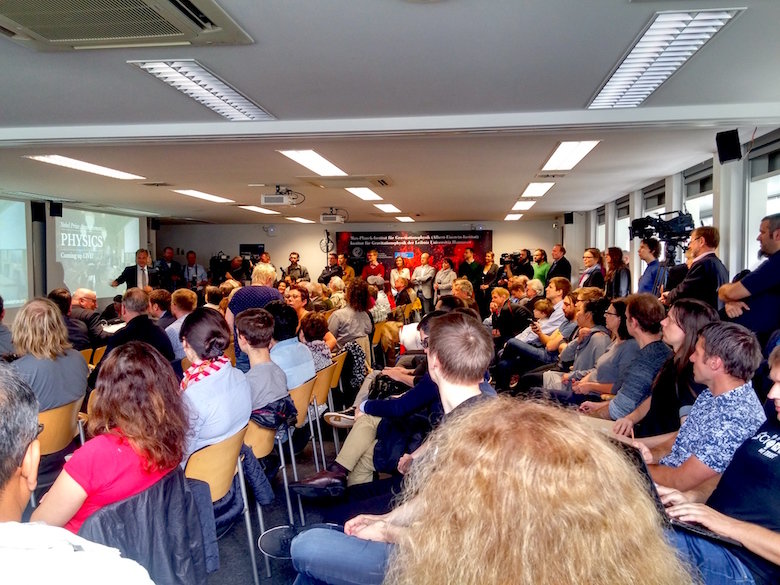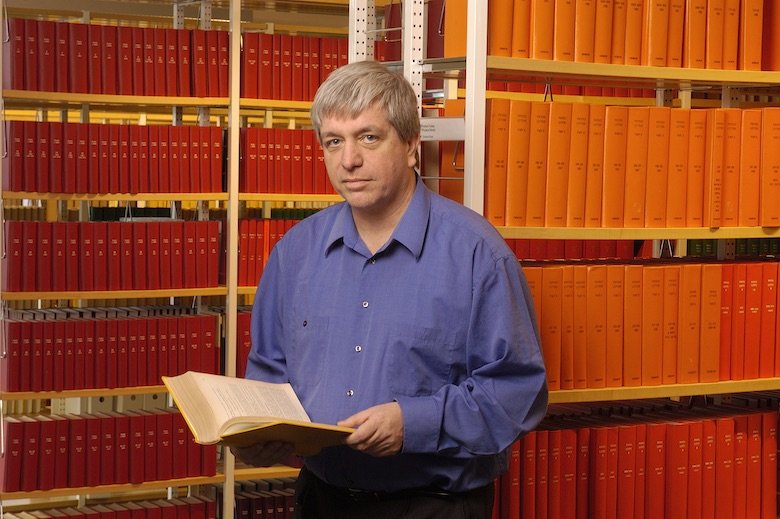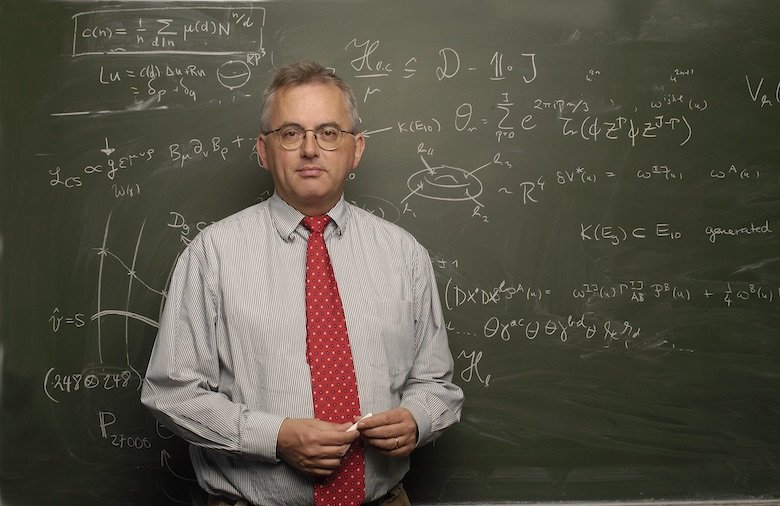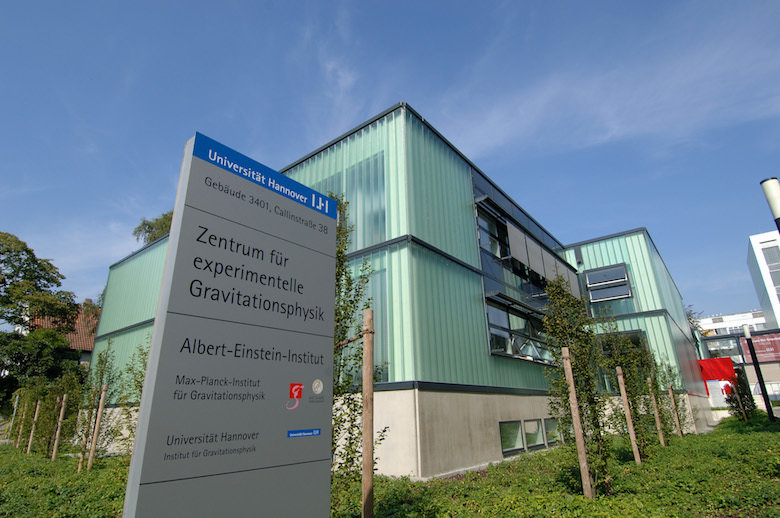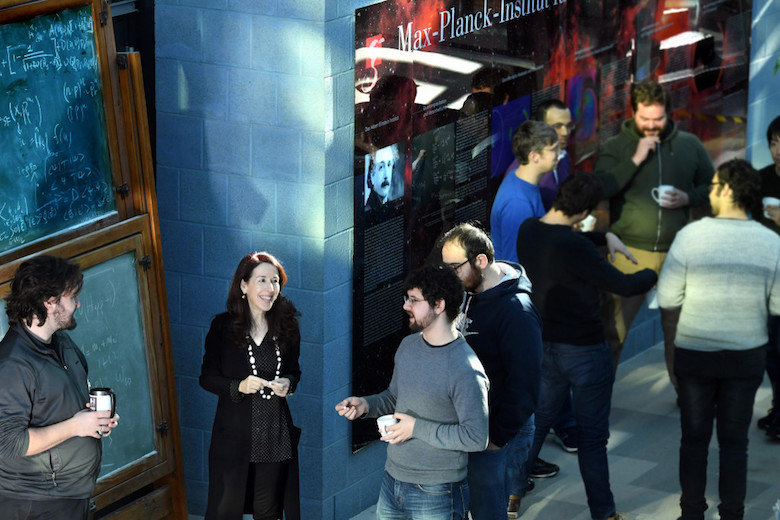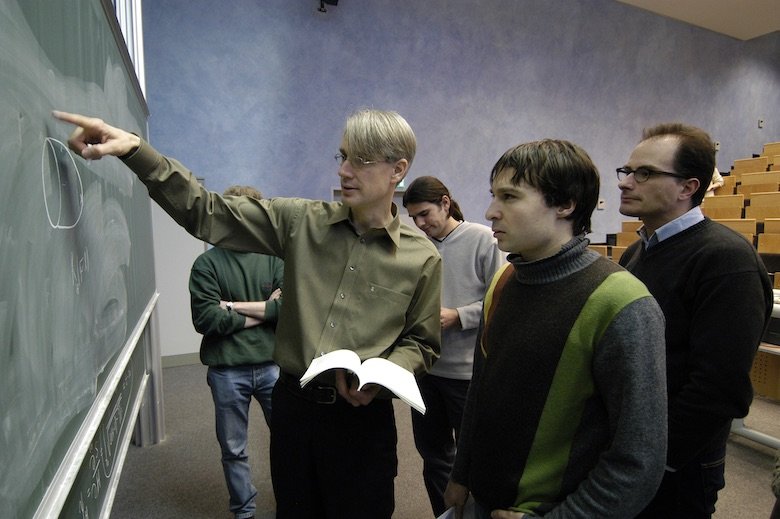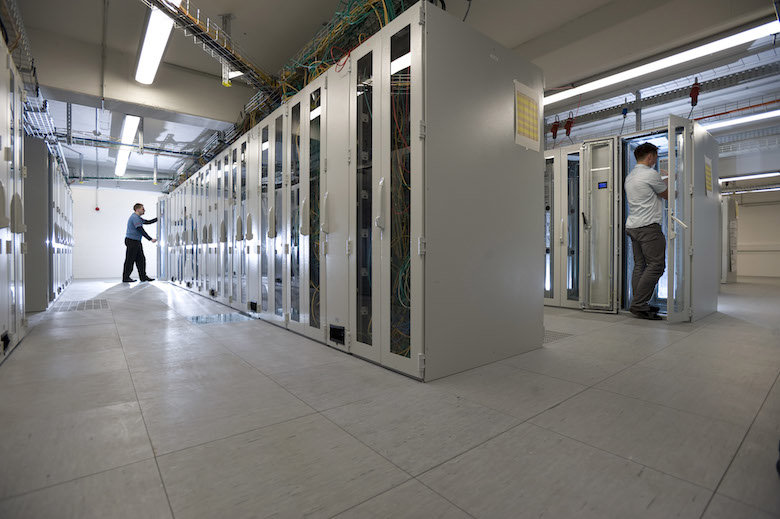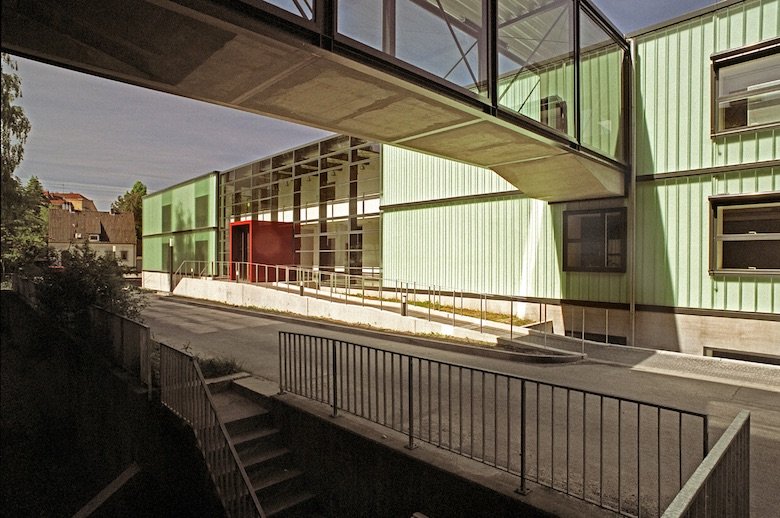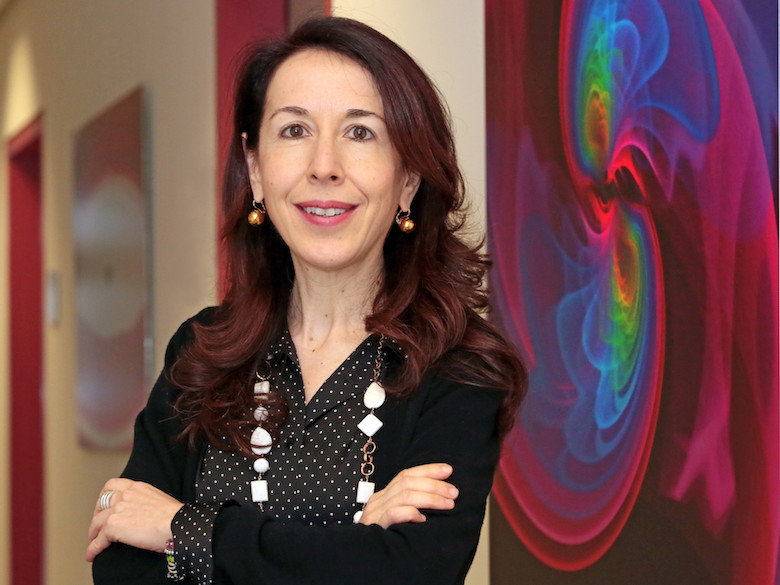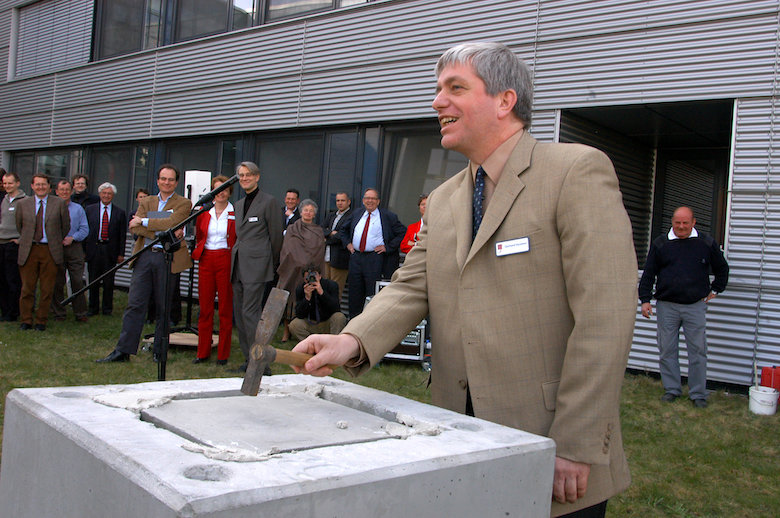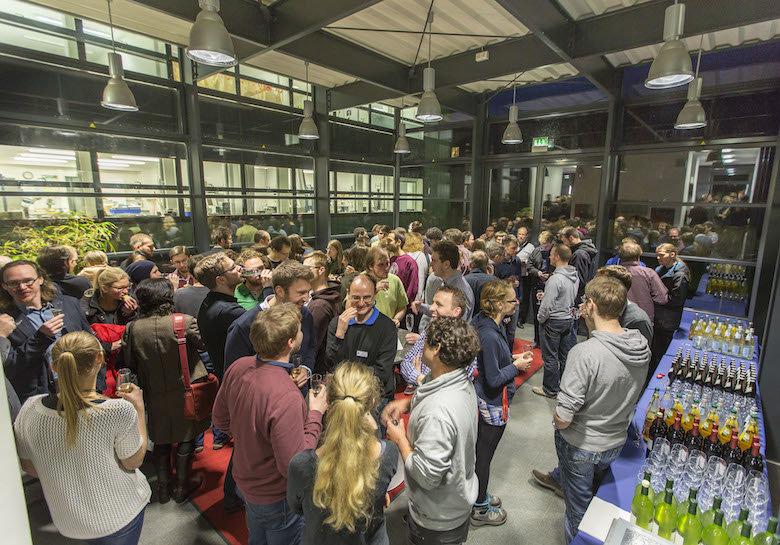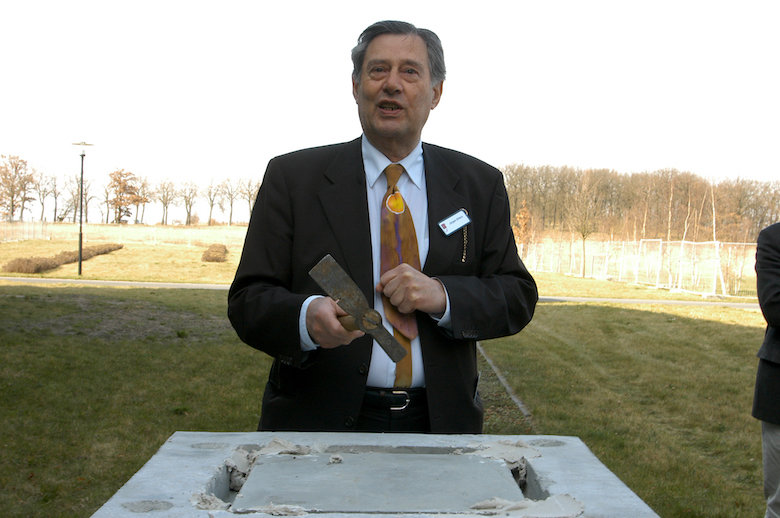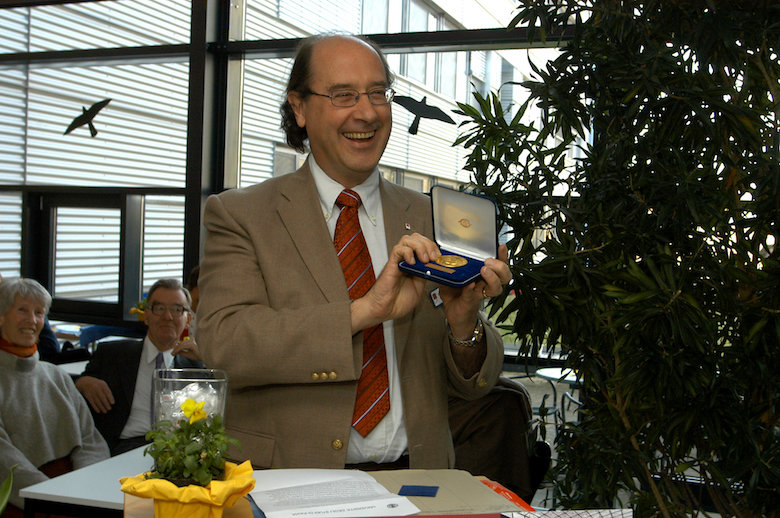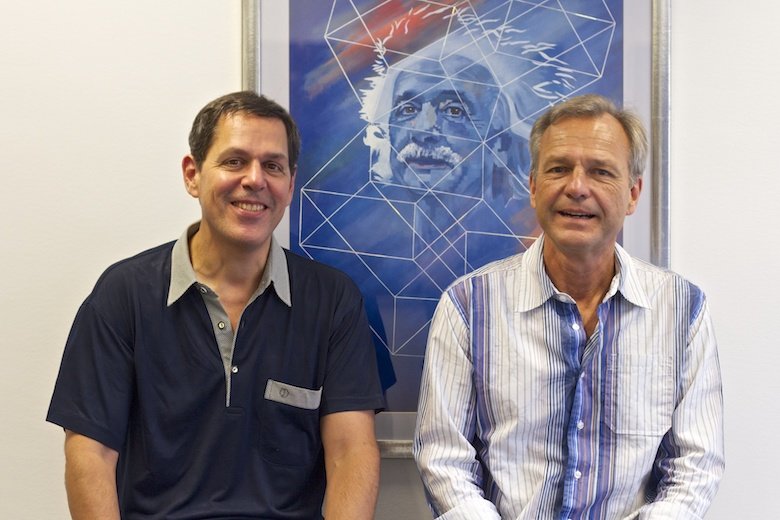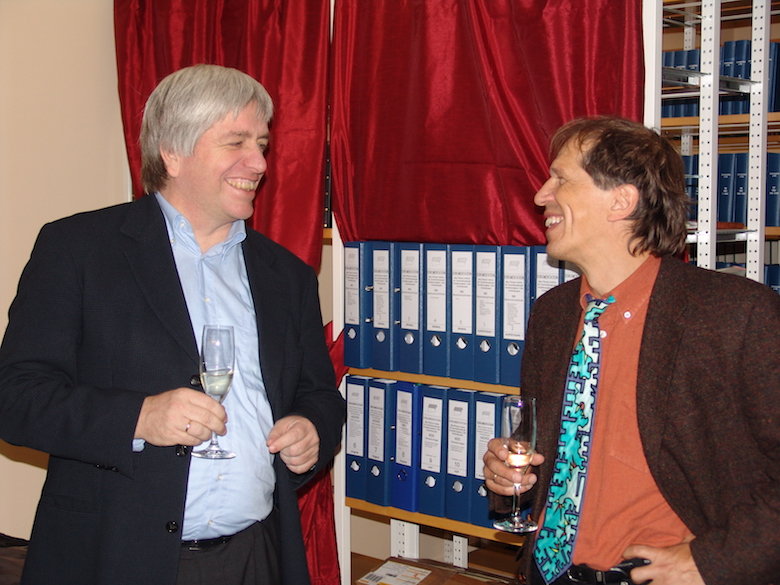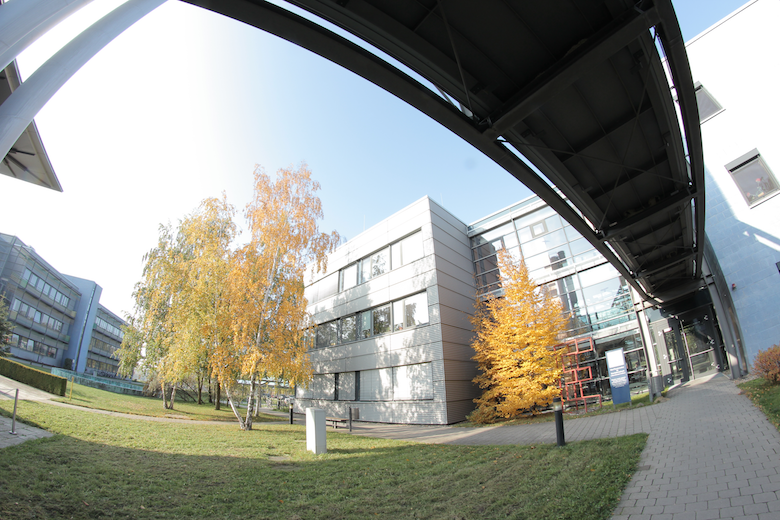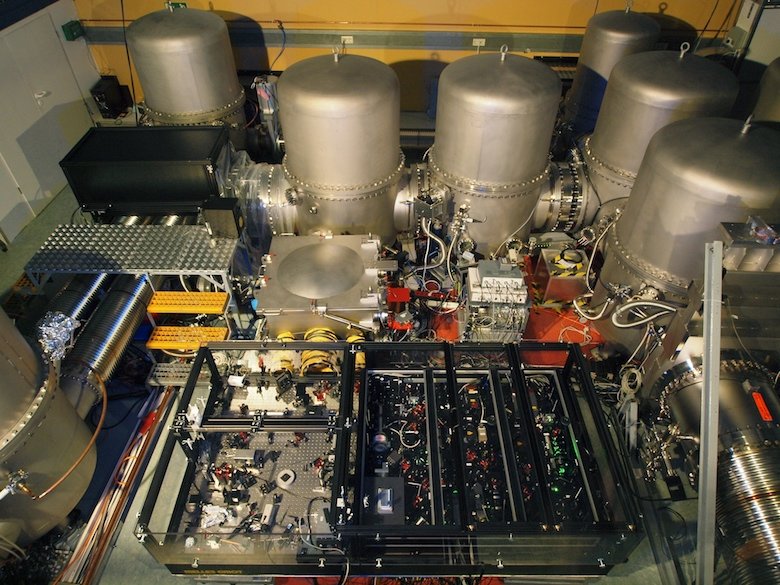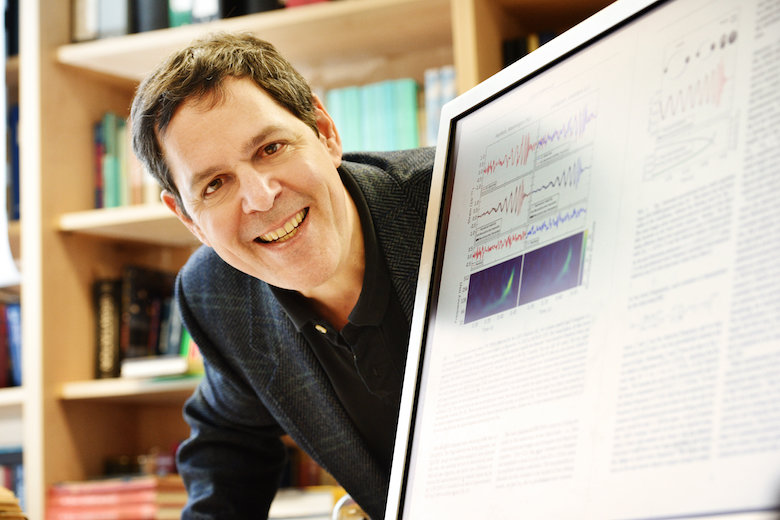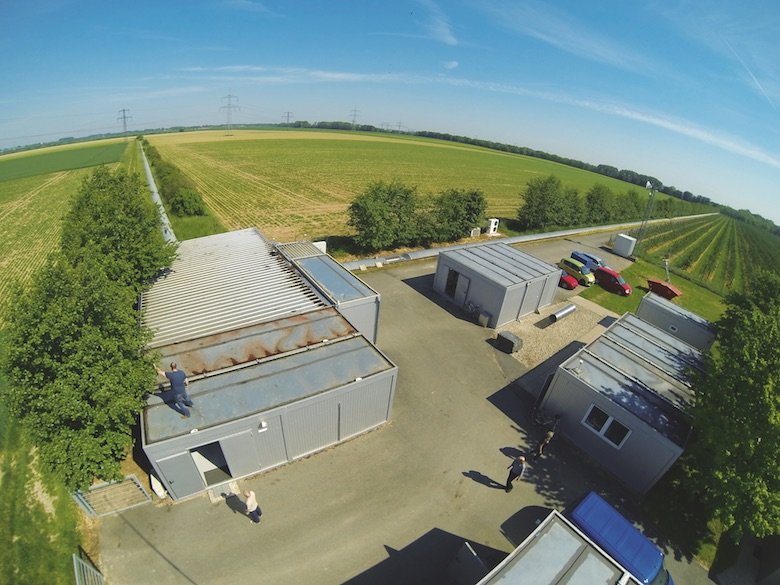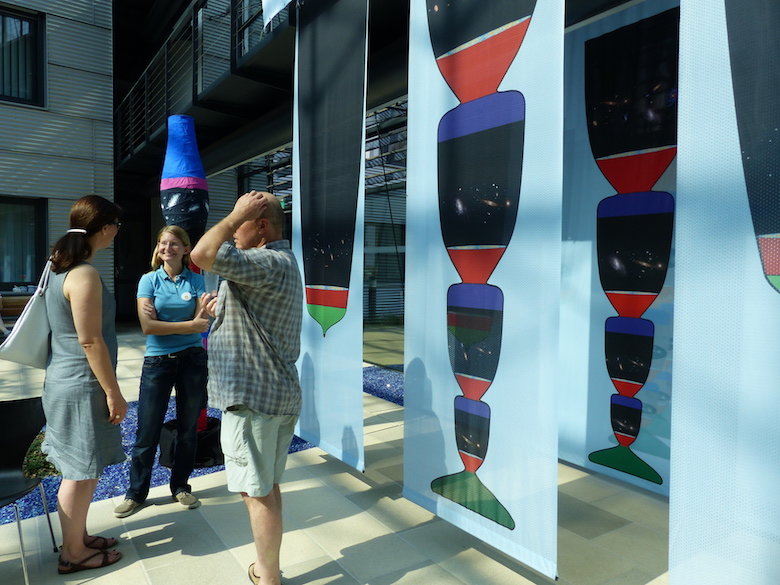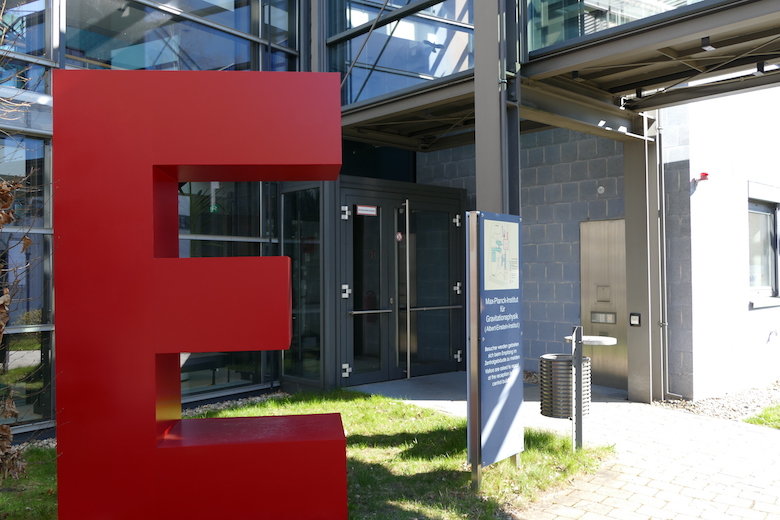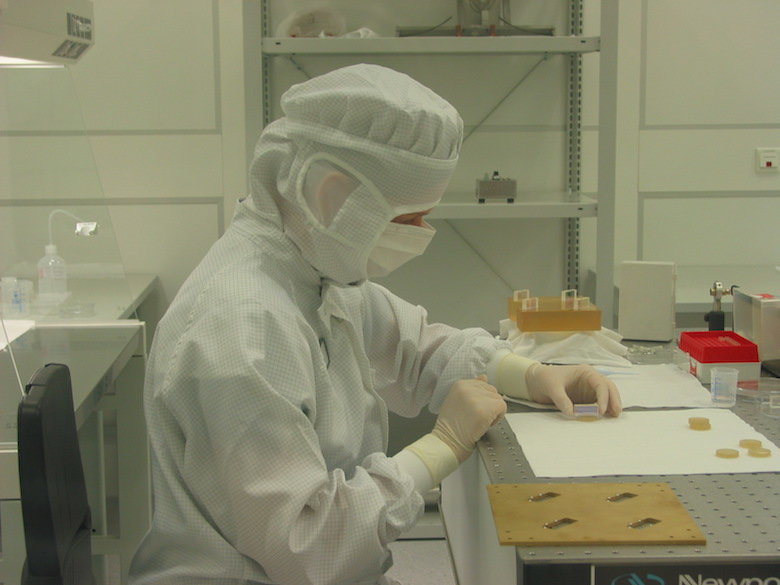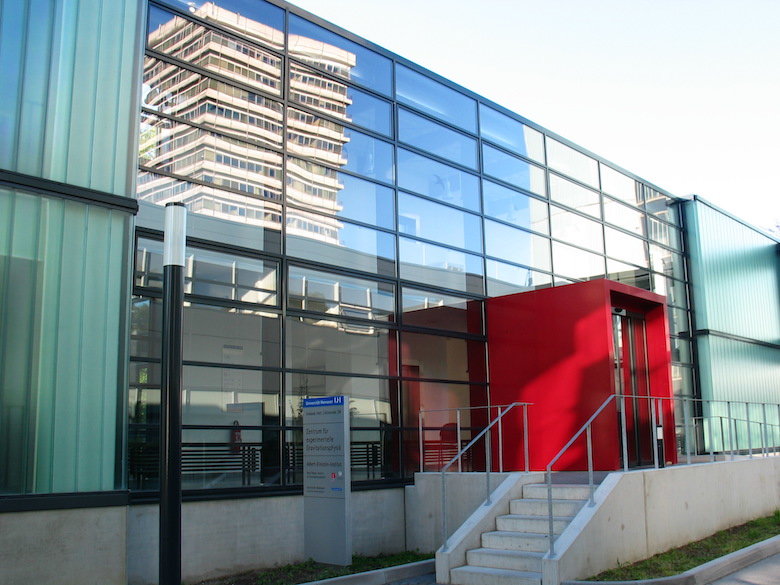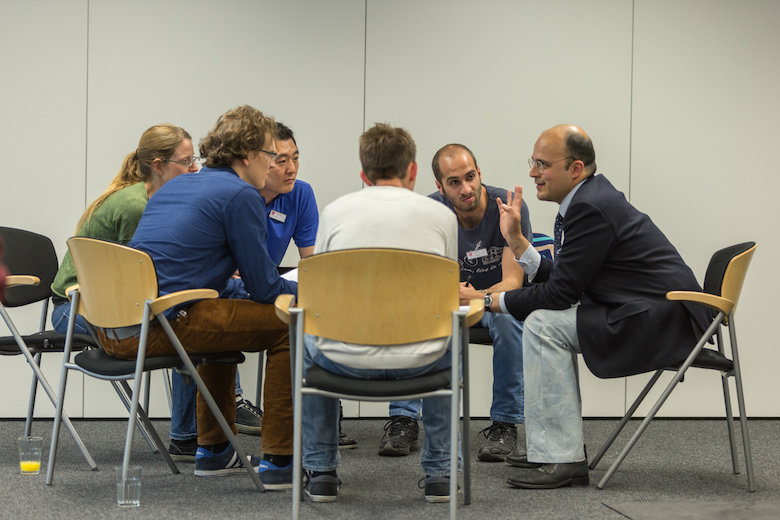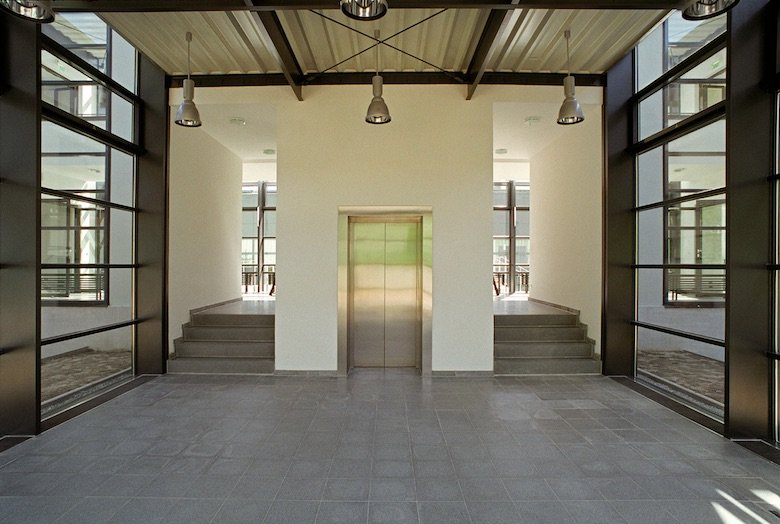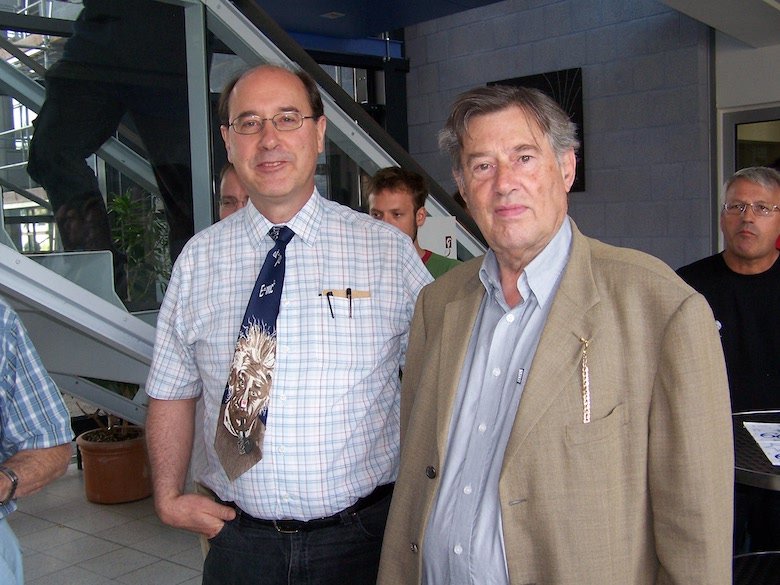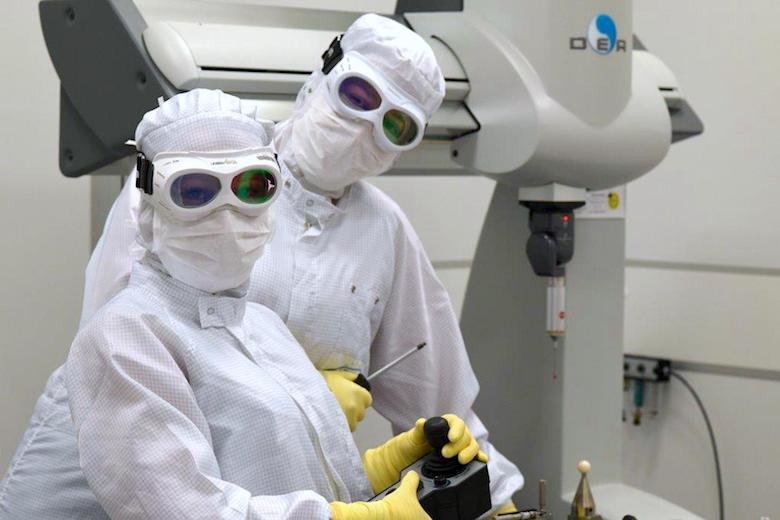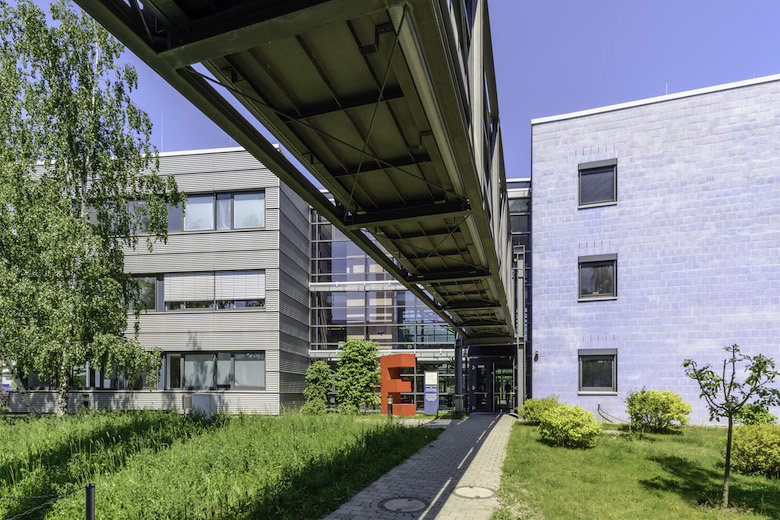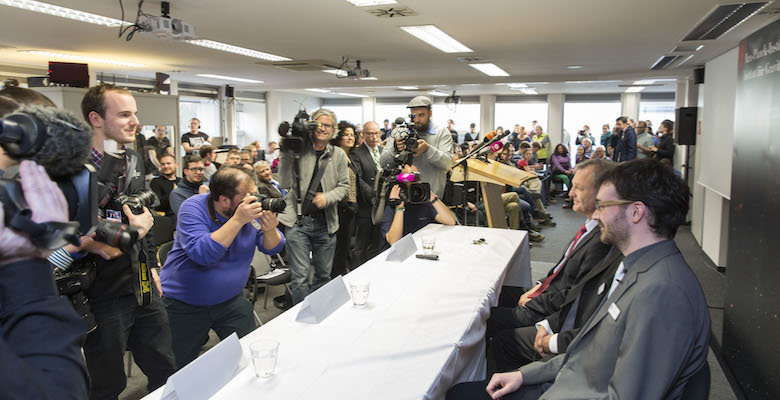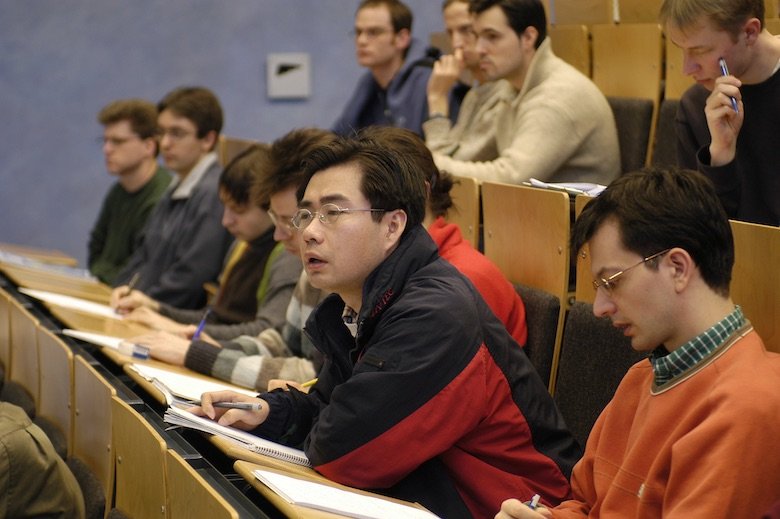25 years of the Albert Einstein Institute
The Max Planck Institute for Gravitational Physics (Albert Einstein Institute) was founded in 1995 by the Max Planck Society for the purpose of pursuing research into the fundamental laws of gravitation. We look back on a successful quarter of a century. Due to the Covid-19 pandemic, the celebrations in 2020 unfortunately had to be cancelled. Instead, we will celebrate the 30th institute anniversary in 2025 - with current and former staff, scientists and friends.

The founding of the AEI came at a time of enormous expansion of interest in and importance of Einstein’s theory of general relativity, which describes gravitation. During the first 50 years after Einstein proposed his theory in 1915, mathematicians and physicists struggled to develop techniques that were capable of unravelling the mysteries of the equations and making reliable physical predictions. No physical theory had been as challenging mathematically as general relativity. But work completed in the 1960s and 1970s had put the theory on a sound footing: theorists understood black holes, gravitational waves, gravitational lensing, and cosmology well enough to make confident predictions.

From the beginning on, the founding directors of the AEI – which at this time was an institute completely devoted to theory – aimed at including gravitational-wave experiments: the direct detection of gravitational waves was one of the main scientific targets of Bernard Schutz and Jürgen Ehlers (deceased 2008). In 2002, the institute opened a branch at Hannover in close collaboration with Hannover University specializing in the development of gravitational-wave detectors, as well as on data analysis. And when the first direct detection of gravitational waves was announced in 2016, 10% of the paper's authors were from AEI.
25 years after the foundation of the institute, the AEI is the largest research institution in the world devoted to the study of gravitation and the general theory of relativity. The two parts, located in Potsdam and Hannover, are composed of about 400 scientific researchers and students, technical and administrative staff. A Max Planck Institute is a long-term investment in a research field, and for gravitational physics the prospects for the future are especially exciting.
